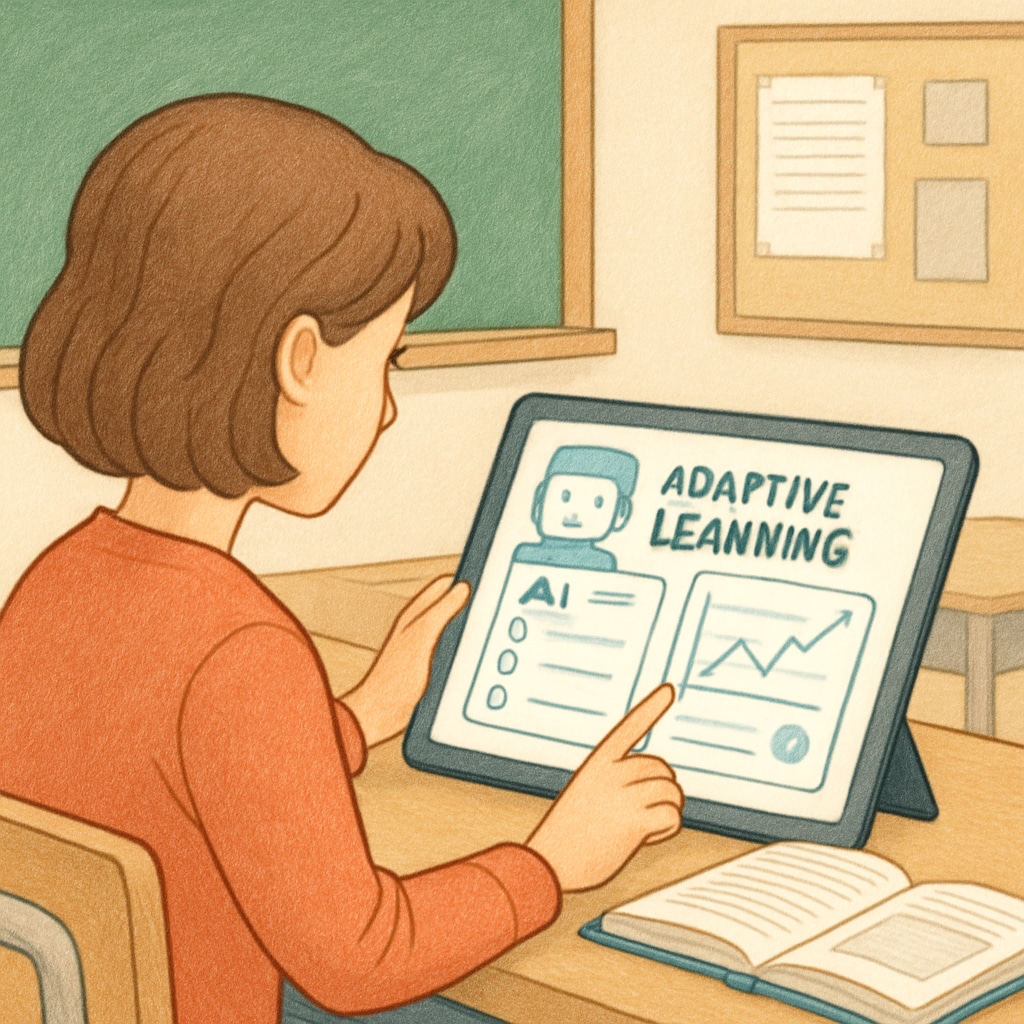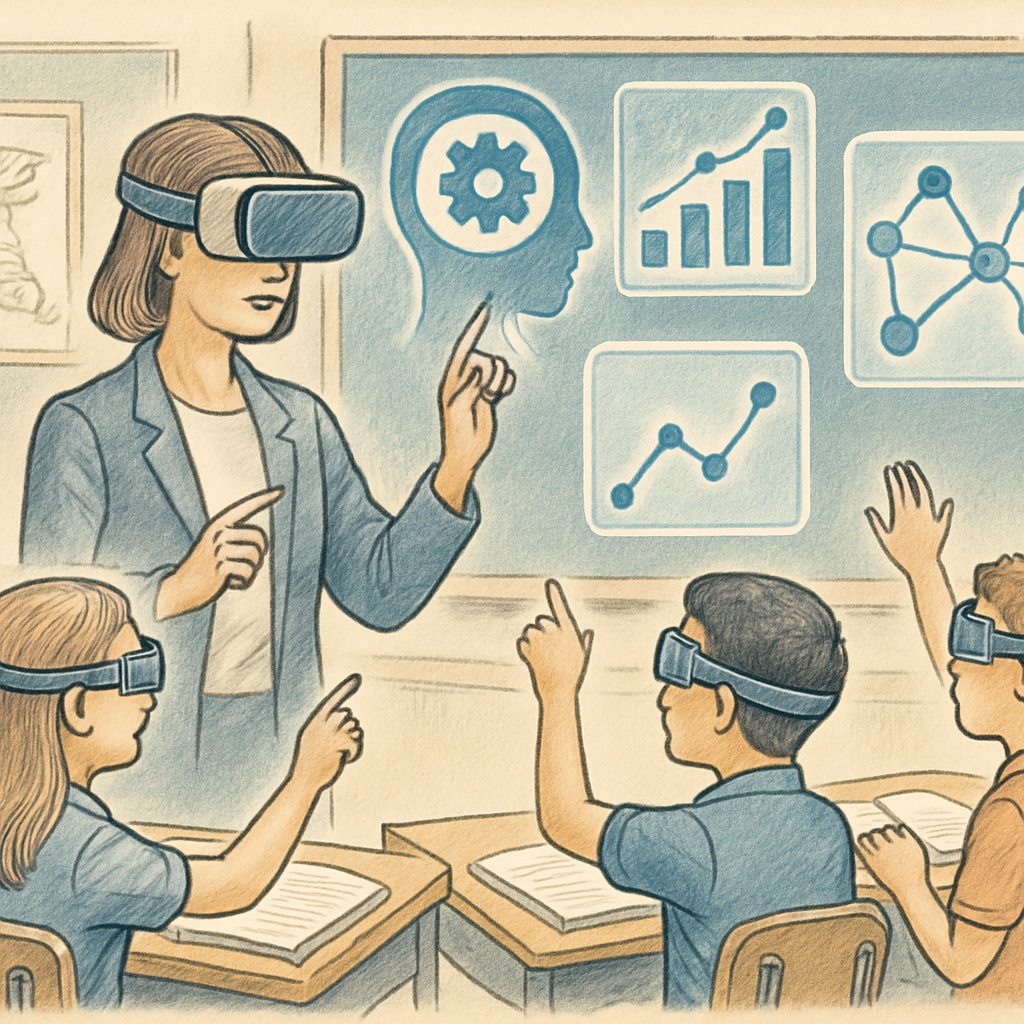Artificial intelligence (AI) is revolutionizing industries worldwide, and its potential impact on education is profound. In K12 education, AI promises to reshape teaching methods, enhance learning experiences, and transform assessment systems. Over the next 5 to 10 years, these advancements could lead to a smarter, more adaptive educational landscape, equipping students with the skills they need for the future.
The Rise of Personalized Learning
One of the most significant ways AI will influence K12 education is through personalized learning. Traditional teaching methods often struggle to meet the diverse needs of individual students. However, AI-powered systems can analyze students’ strengths, weaknesses, and learning styles to provide customized lesson plans and resources. For example, platforms like Khan Academy use AI to adapt content delivery based on a student’s progress.
Moreover, AI can help identify knowledge gaps, ensuring students receive targeted support. This tailored approach not only boosts academic performance but also fosters a deeper understanding of subjects. As a result, students are more likely to stay engaged and motivated in their learning journeys.

Innovative Teaching Methods Powered by AI
Beyond personalized learning, AI is enabling innovative teaching methods that were previously unimaginable. Virtual reality (VR) and augmented reality (AR), powered by AI, are creating immersive learning environments. For instance, AI-driven AR apps can bring historical events to life or simulate complex scientific experiments, offering students hands-on experiences in a virtual setting.
In addition, AI tools can assist teachers by automating administrative tasks such as grading and attendance tracking. This allows educators to focus more on interactive and creative teaching strategies, enhancing the overall classroom experience.

Redefining Educational Assessment
Traditional assessment methods often rely on standardized tests, which may not fully capture a student’s abilities. AI has the potential to transform assessment systems by providing real-time feedback and evaluating a broader range of skills. For example, AI tools can analyze written essays, presentations, and even collaborative projects, ensuring a more comprehensive evaluation of students’ competencies.
Furthermore, AI can identify trends and patterns in student performance, offering insights that help educators fine-tune their teaching approaches. This data-driven method ensures that assessments are fair, accurate, and aligned with individual learning objectives.
Challenges and Ethical Considerations
While the benefits of AI in education are undeniable, there are challenges that must be addressed. Privacy concerns surrounding student data are a major issue. Schools and developers must ensure that AI systems comply with strict data protection regulations to maintain trust among parents and educators.
Additionally, there is a risk of over-reliance on AI, potentially sidelining the human element of teaching. Striking a balance between technology and traditional teaching methods will be crucial in leveraging AI’s full potential without compromising the value of human interaction.
As AI continues to evolve, educators, policymakers, and tech developers must collaborate to create ethical and inclusive AI systems that benefit all students. By addressing these challenges, the future of K12 education can be both innovative and equitable.
Conclusion: The integration of artificial intelligence in K12 education represents a monumental shift toward smarter, more adaptive learning environments. From personalized lesson plans to innovative teaching tools and redefined assessments, AI has the potential to revolutionize education. However, to fully realize these benefits, stakeholders must address ethical concerns and ensure that technology complements, rather than replaces, human educators. As we look to the future, the collaboration between AI and education could unlock new possibilities, preparing students for the challenges of tomorrow.


